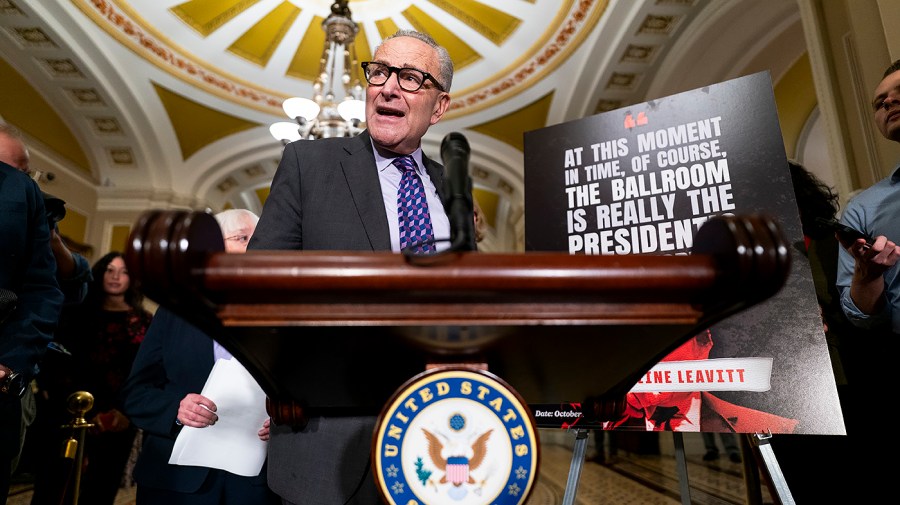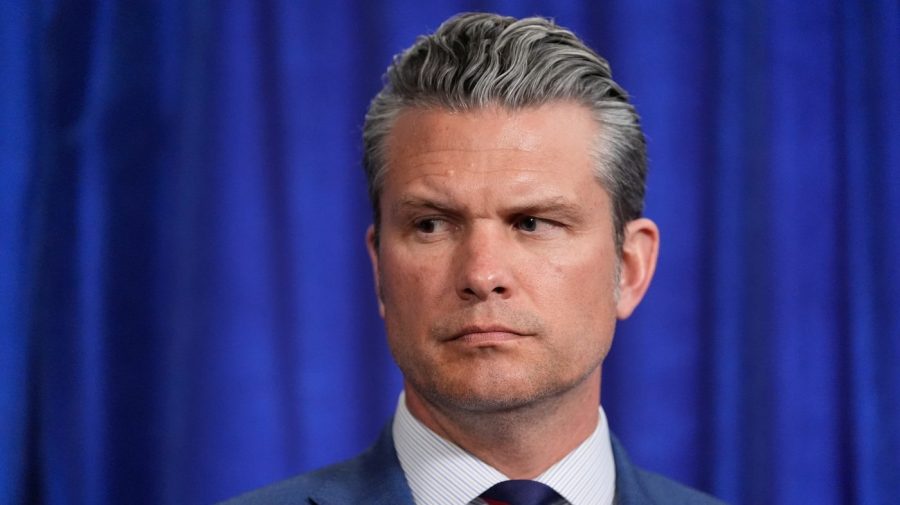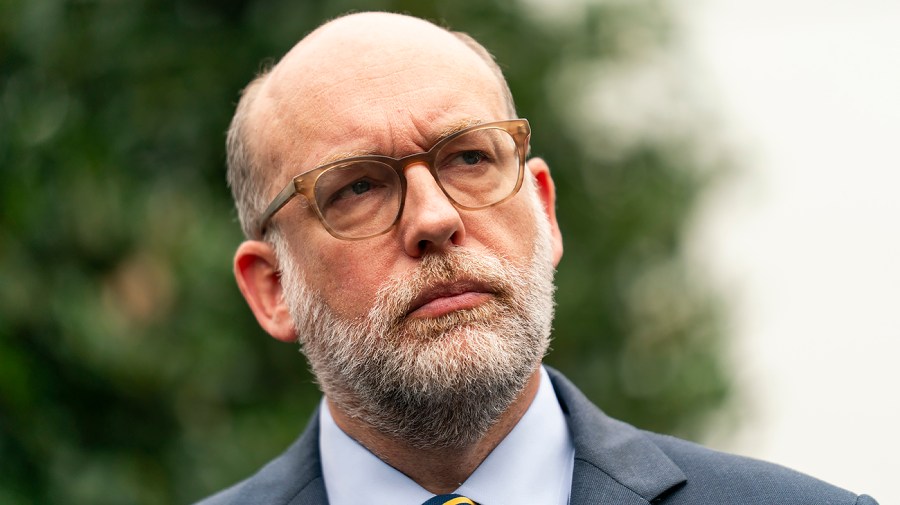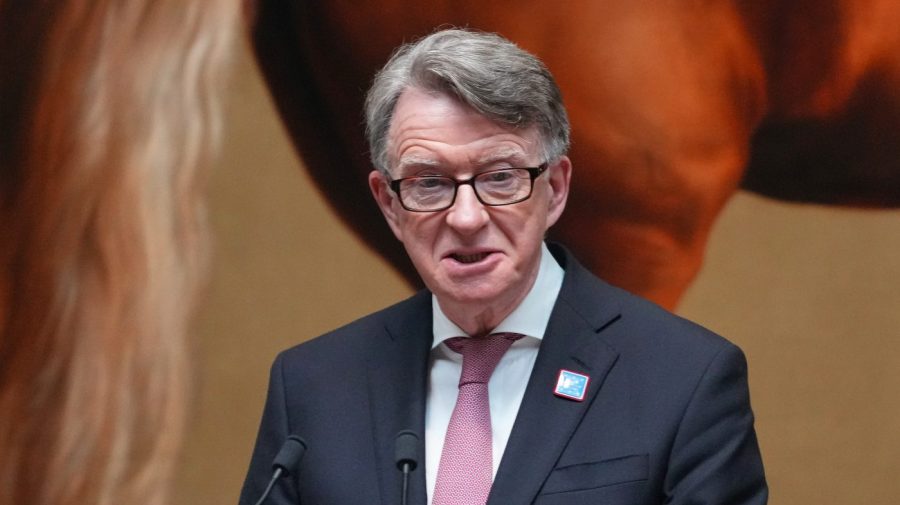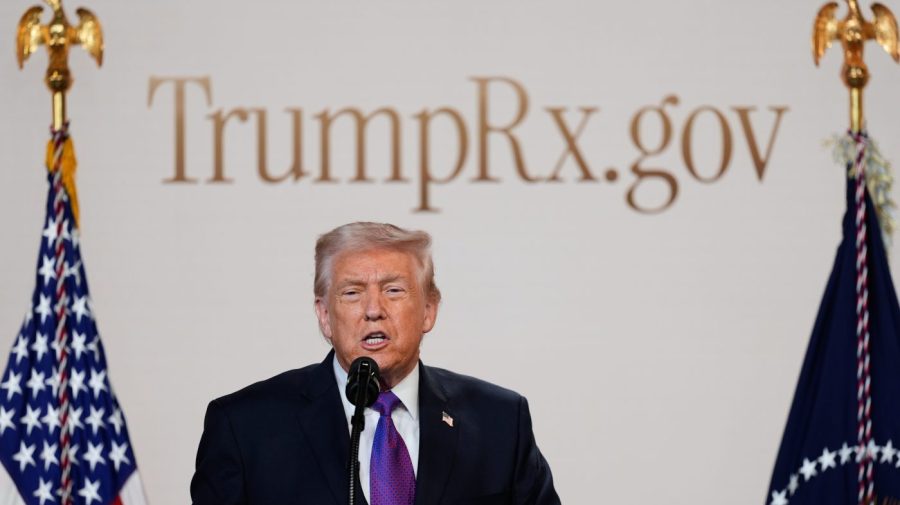
Senate Republicans and Democrats are trying to consider a resolution to end the 30-day government shutdown as soon as next week, as some centrist Democrats argue behind the scenes that their party has successfully highlighted rising health care costs and now is the time to end the impasse.
Shutdown fatigue is growing on Capitol Hill as the government shutdown approaches a month, and the pain is growing.
With open enrollment set to begin next month for the Affordable Care Act (ACA) health insurance marketplace, some Democrats say higher costs are already sealed because Republicans have refused to negotiate a deal to extend the increased subsidies set to expire at the end of December.
“My assessment is that we have won everything we can possibly win and the costs of continuing the shutdown will be felt by those who are going to food banks and federal workers,” said one Democratic senator, who requested anonymity, arguing that any political benefits of extending the shutdown are going to be outweighed by the harm to ordinary Americans.
A big factor in this thinking is that Supplemental Nutrition Assistance Program (SNAP) benefits are set to expire on Saturday, leaving 42 million Americans at risk of not getting enough food.
Confident that Americans are now aware that Republicans have refused to increase health insurance subsidies and fearing that the consequences of a shutdown are about to get dramatically worse, Democratic senators are looking for a way out of the impasse next week.
“The open-enrollment period starts Saturday and unfortunately the Republicans have won their battle to raise health care costs on the American people. This is a result of the position they have taken in this negotiation. We now know that the American people’s health care costs are going to go up because the Republican Party in Washington is refusing to extend the Obamacare tax credit,” said Sen. Michael Bennet (D-Colo.), a member of the Finance Committee, which has jurisdiction over health insurance tax subsidies.
“Democrats won because we showed we are fighting for health care for all Americans,” he said.
Some Democratic senators are privately speculating that if their party does well in Tuesday’s gubernatorial elections in New Jersey and Virginia, they could declare political victory and begin finalizing the endgame to reopen the government.
Virginia, which will be a Senate battleground in 2026, is home to about 140,000 federal employees.
Senate Democratic Whip Dick Durbin (Ill.) says voters are “well aware” that their health insurance premiums are going up in 2026 because Republicans do not want to extend the ACA’s increased insurance premium subsidies.
“On an individual basis, people are well aware of that,” he said of Democrats’ argument that Republicans are driving up health care prices by ignoring expiring subsidies.
Another factor Democrats are considering is pressure from the American Federation of Government Employees, which represents 820,000 federal and D.C. government employees, to pass a clean continuing resolution to reopen the government.
Union President Everett Kelly said in a statement Monday that “both sides have made their point” and it is time to pass a clean stopgap funding measure to “end this shutdown today.”
Senate Majority Leader John Thune (R-D.) told reporters on Wednesday that moderate Democrats are looking for an “off-ramp” to end the shutdown and that he is willing to talk to them about the concessions they have already offered.
Specifically, Thune has promised to negotiate with Democrats on extending ACA subsidies once the government is open and even offered to vote on his own proposal to extend those tax credits beyond December.
However, GOP leaders have stuck to their position that they will not negotiate specific health care policy concessions with Democrats as long as the government remains closed.
“It’s just a question of whether or not they’re willing to take ‘yes’ for an answer at some point,” Thune said of moderate Democrats who are eager to find a deal to end the shutdown.
Thune is willing to cut a deal with Democrats to reopen the government, but that would include proposals he has already offered them, such as getting appropriations back on track, voting on expiring subsidies and promising to discuss health care once federal departments and agencies are back up and running.
“The risks remain high, as we knew they would. As the shutdown drags on, it will become more painful for more people,” he said.
Of his conversations with Senate Democratic colleagues, he said, “I’ve always told them that as they get ready to open the government, we’ll make sure they have a process whereby they can have a vote on their legislation, their policies.” “There has been more interest in them and I hope that continues.
“They’re looking for an off-ramp,” Thune said, noting the expiration of SNAP benefits is creating a sense of urgency to find a deal to reopen the government.
Sen. Lisa Murkowski (Alaska), a moderate Republican, said bipartisan talks to end the shutdown have gained significant momentum with the expiration of SNAP benefits this week.
“There’s a good group of people who feel it’s time to leave this behind. It’s not good. It’s not good from a governance standpoint. It’s not a good influence on anybody and it’s hurting real people.” [in] Real time so let’s find a way to end this,” she said.
Murkowski said the disagreements that need to be resolved to end the shutdown have been discussed in detail.
“There’s been a lot of discussion about these pieces, if someone can figure out how it all comes together and present it, then yes, I think it’s possible” that could end the shutdown next week, he told reporters.
“There’s no magic how we get out of this. This is the same thing we’ve been talking about for months,” he said, citing a pledge to return to the regular appropriations process and begin working on “temporary fixes” to prevent Affordable Care Act subsidies from expiring.
Senator Jeanne Shaheen (D-N.H.), a leading liberal who has worked for weeks with Republicans to find a middle-ground compromise on reopening the government, said Wednesday, “There have been a lot of positive discussions that have been helpful.”
Senator Gary Peters (D-Mich.), another centrist in the midst of talks to reopen the government, said there is a lot of activity but declined to provide any details on progress so far.
“We are continuing,” he said. “There is still a lot more to be done.”
“Sometimes there are twists and turns along the way, but it’s a path in the right direction,” he said. “I think we’ll find an ending after all.”
Recognizing the financial burden felt by thousands of federal employees, Peters has sponsored a proposal to compensate all federal employees for the pay checks they have so far missed during the shutdown.







